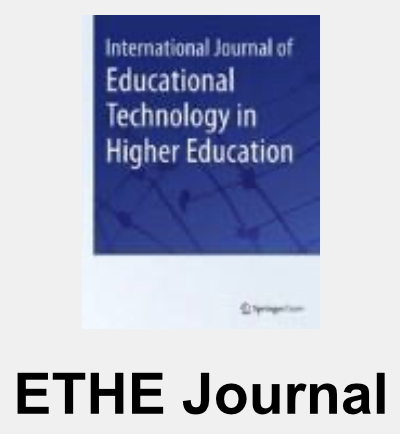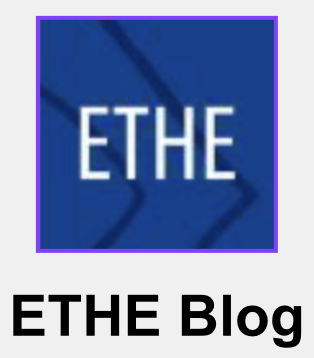Design of reusable pedagogical scenarios
On 23 April, Marcelo Maina presented results of the research in a communication entitled: “The design of reusable pedagogical scenarios: theory, method and language.” The event took place at LICEF (Laboratory of CognitiveInformatics Training Environments), Télé-université, Montreal, QC, Canada. (to see, click here – in French).
The presentation consisted in an introduction to the adopted methodological approach, the Design and Development Research (DDR), used for the development and validation of a theoretically-grounded and pedagogically-inclusive instructional design method aimed at the creation of reusable and interoperable pedagogical scenarios. The first phase of the study grounds the research in a theory of instructional design that aligns with other related design disciplines, and decomposes the design problem into layers of artifact functionalities. This theory corresponds to software-engineering-infused instructional design methods also known as courseware engineering. The second phase explores ways to integrate an educational modeling language within an instructional design method for enabling the representation of pedagogical scenarios of computational facture. The third phase presents an initial developmental solution, which is tested in a case study. The fourth and final phase extends the development and validation of a solution by way of a two-round Delphi method. Each phase is followed by lessons learned (to see, click here – in French).





